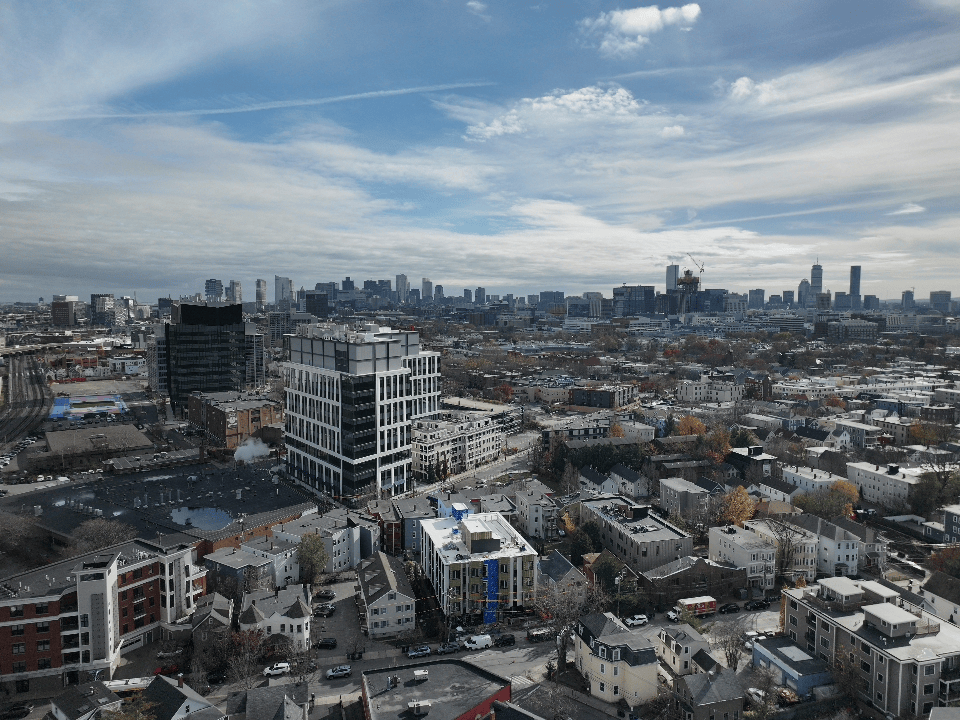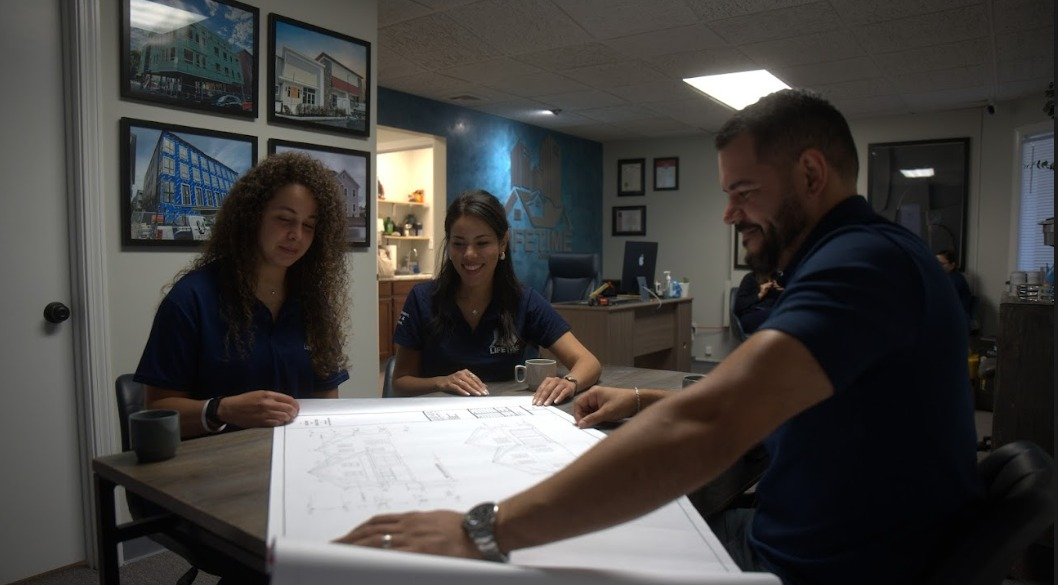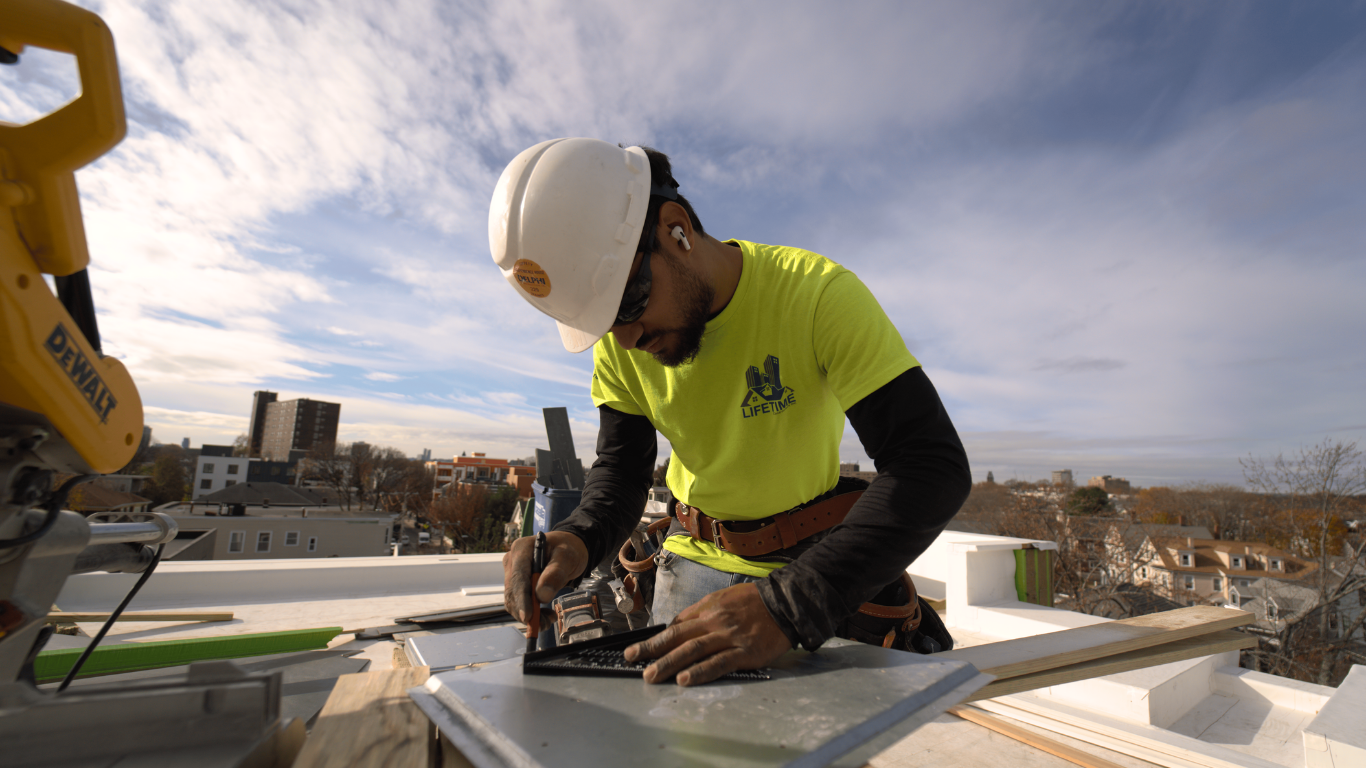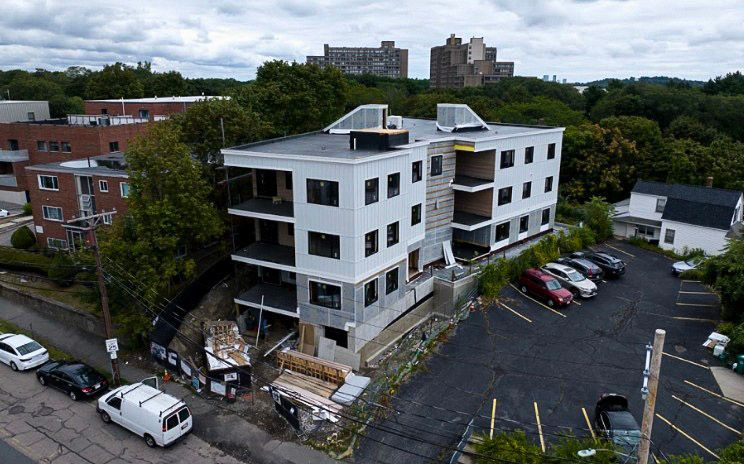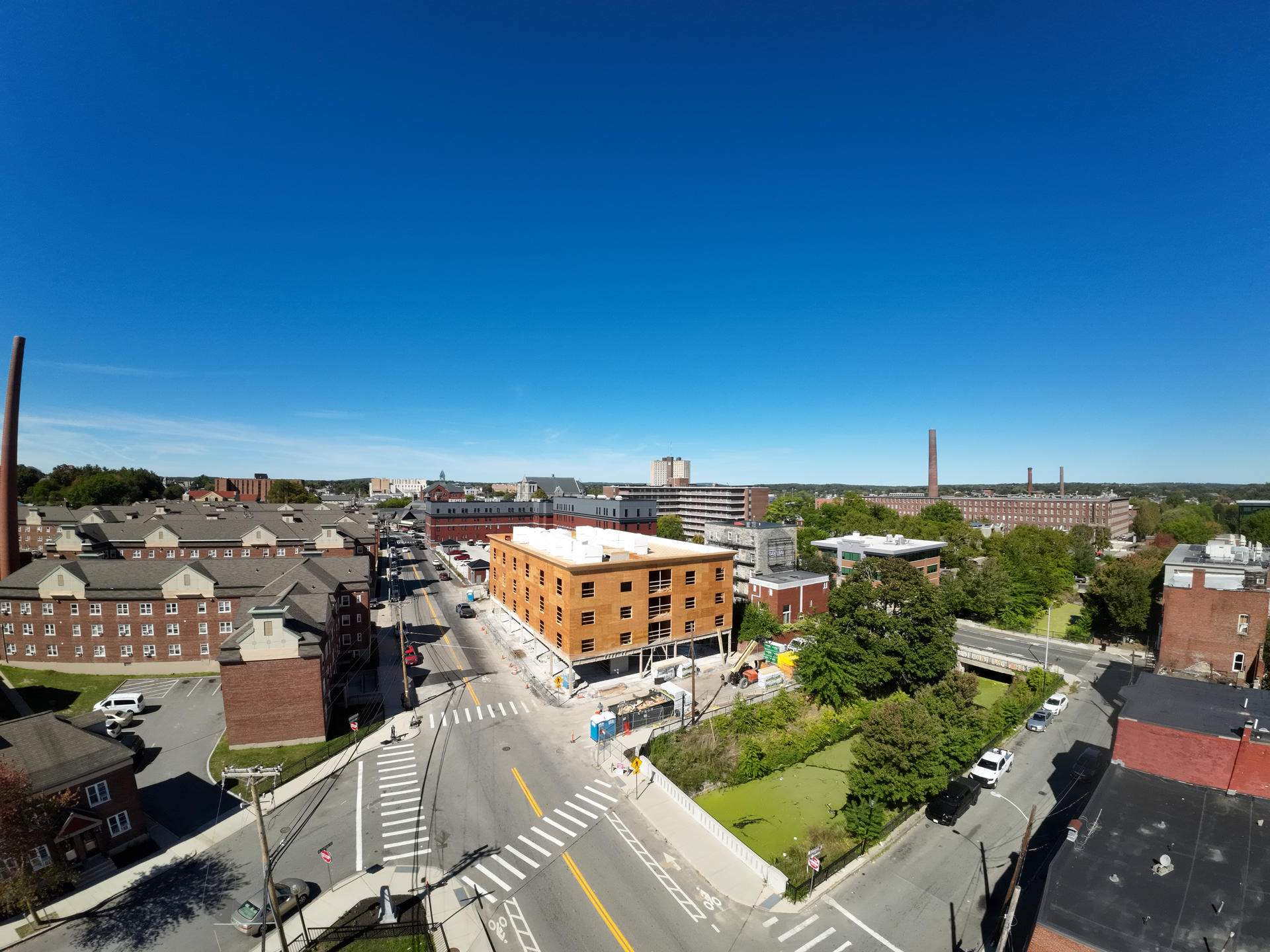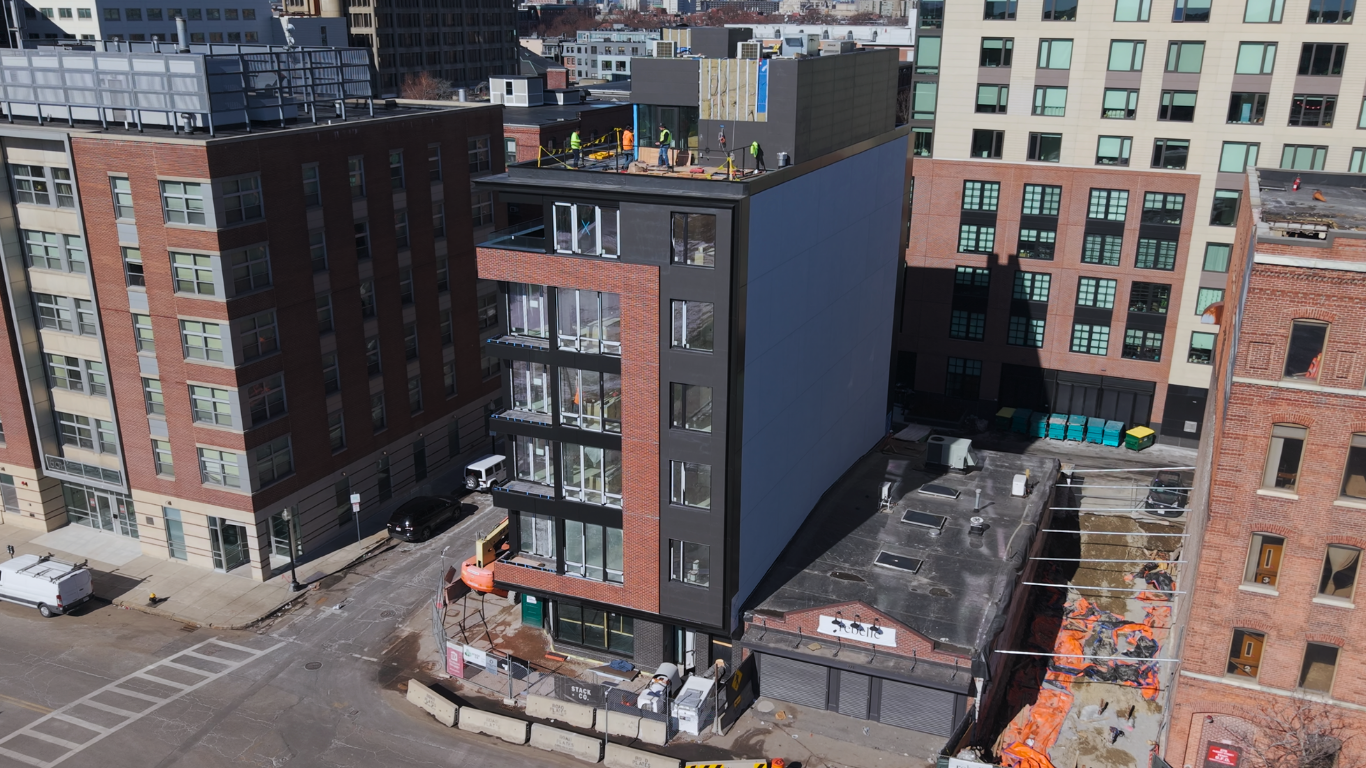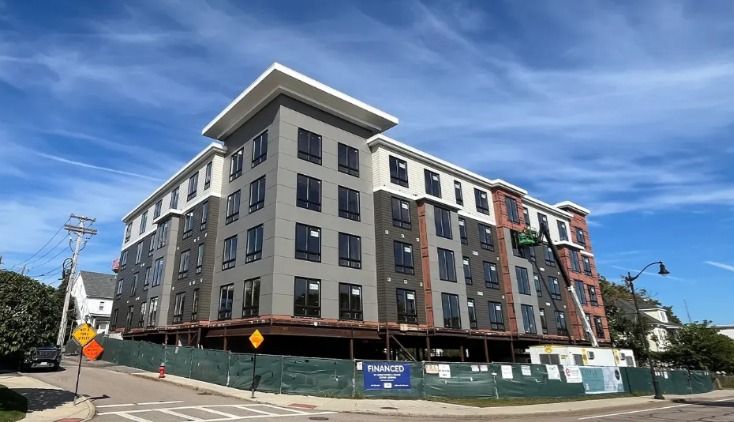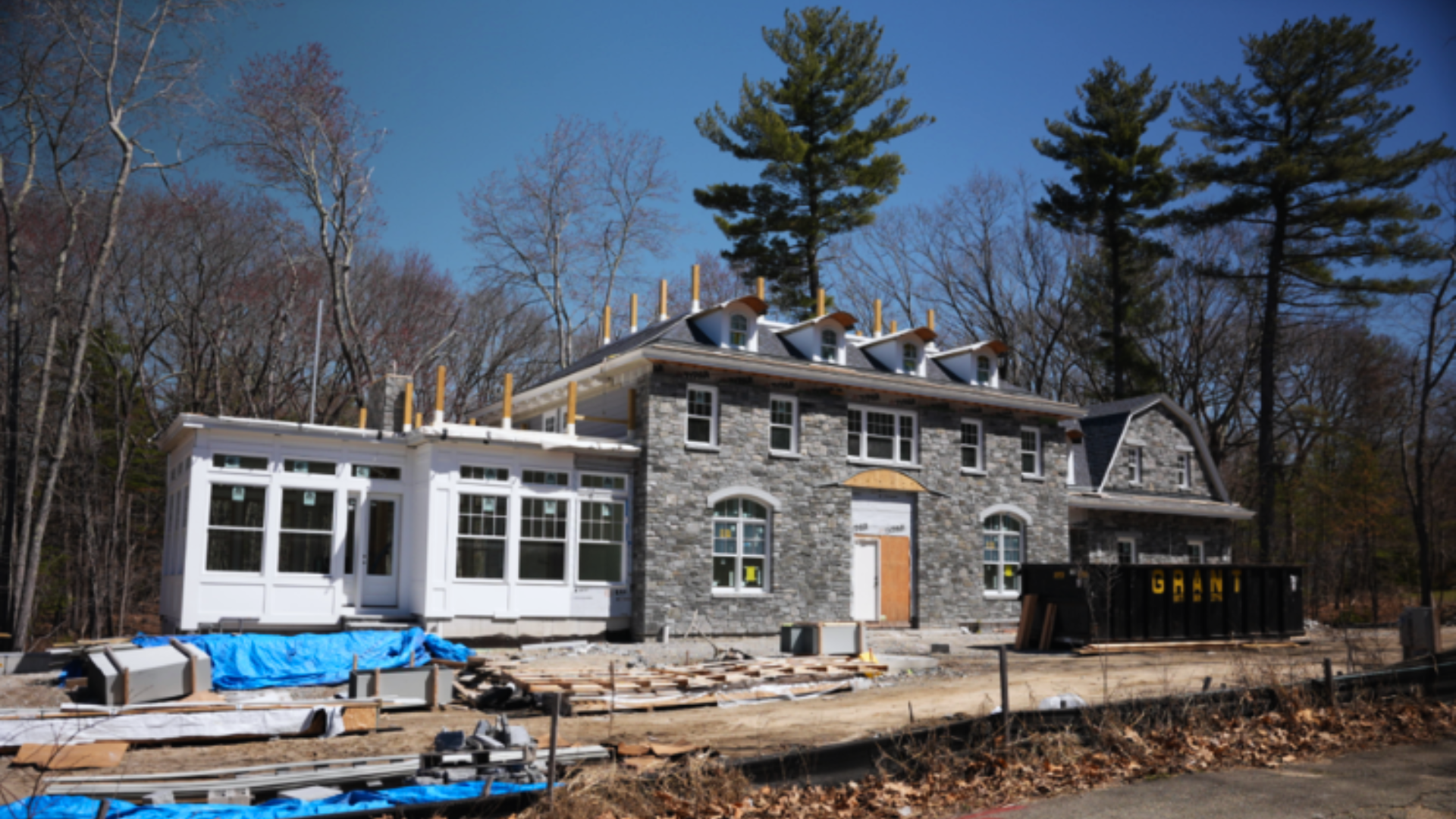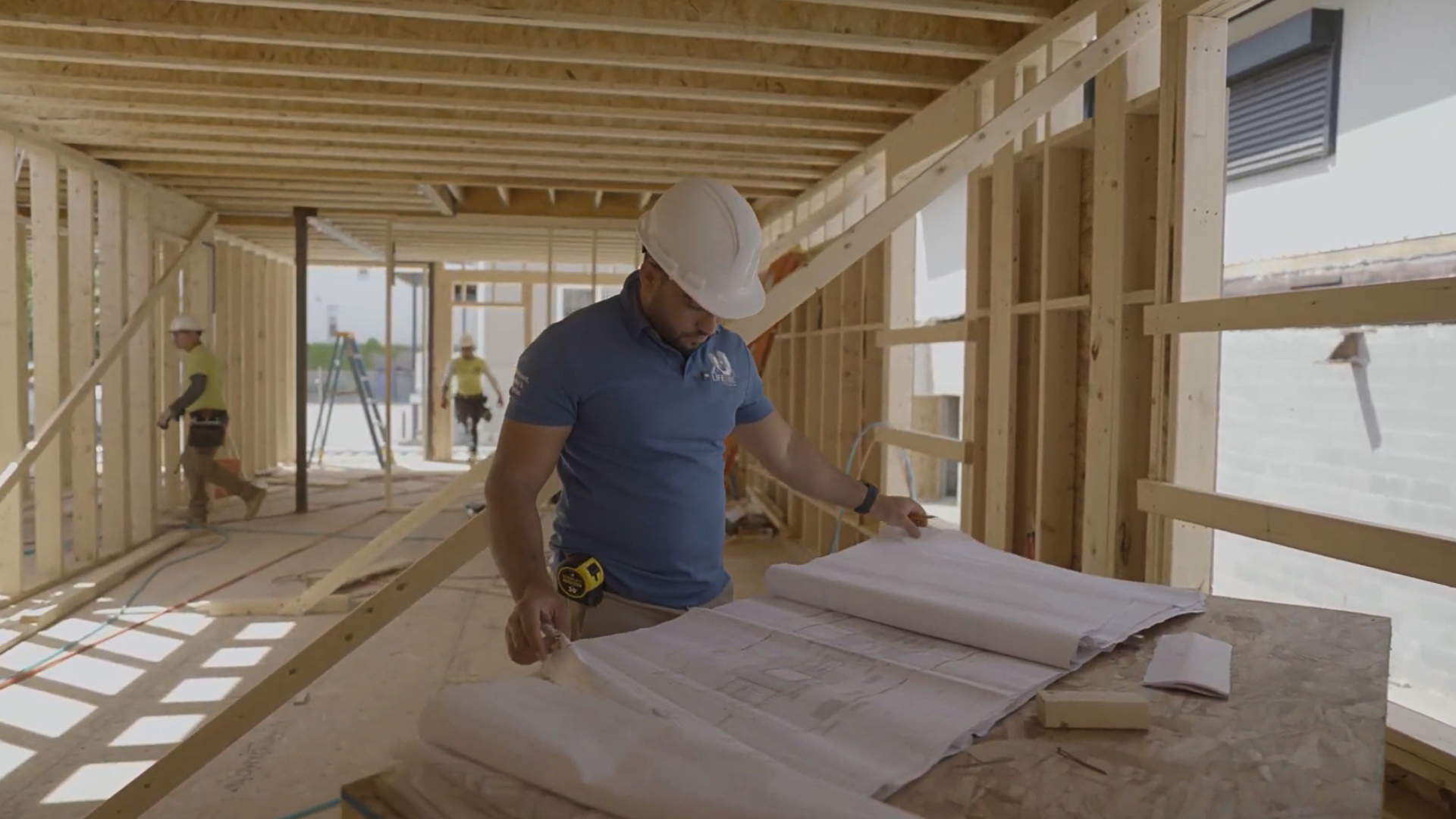Common Siding Problems: Causes, Prevention, and Fixes
In Massachusetts, siding takes a beating year-round. Harsh winters with heavy snow, humid summers, and salty coastal air all accelerate wear and tear. Data shows that vinyl is the most common choice in New England, covering about 72% of new homes, but it’s also one of the first materials to show problems if not installed or maintained correctly. Homeowners and builders in the Boston area spend an average of $894 on siding repairs, with projects often ranging up to $1,400 when water infiltration or peeling become widespread issues. For contractors and construction firms, this means that even small mistakes in installation or oversight in maintenance can quickly turn into costly callbacks and client dissatisfaction.
Common Siding Problems and Why They Happen
Siding issues in Massachusetts typically stem from poor installation, material choices unsuited to New England’s climate, or deferred maintenance.
- Warping & Blistering: Caused by tight nailing, low-quality materials, or trapped heat and moisture. Prevention relies on climate-appropriate products and proper installation techniques.
- Peeling & Discoloration: Often linked to inadequate priming, inferior finishes, or prolonged sun exposure. High-quality coatings and regular upkeep are key.
- Water Infiltration & Mold: Result from gaps in flashing, unsealed joints, or poor drainage. Precision sealing, ventilation, and grading help avoid costly structural damage.
- Exposed Nails & Poorly Sealed Joints: Signs of rushed or incorrect installation. Using corrosion-resistant fasteners and premium sealants prevents future leaks.
Ultimately, most common siding problems are preventable with correct installation, material selection, and scheduled maintenance, failure to do so quickly escalates into expensive repairs or replacements.
Repair vs. Replacement: Making the Right Call
Knowing when to repair and when to replace siding is critical for cost control, long-term performance, and client satisfaction.
Minor Repairs
Issues like small cracks, limited peeling, or a few exposed nails can typically be handled with local fixes. These repairs are quick, cost-effective, and avoid disruption to the entire façade, ideal for maintaining a project schedule without major rework.
Partial Replacement
When problems are more concentrated, such as localized warping, blistering, or repeated water infiltration in certain areas, sectional replacement is usually the smarter approach. This method restores integrity to the building envelope while keeping budgets under control, especially on large-scale projects.
Full Replacement
In cases where siding problems are widespread, often the result of systemic installation failures, outdated materials, or prolonged moisture damage, a complete replacement is the most efficient solution. While the upfront cost is higher, full replacement protects the structure, avoids ongoing callbacks, and ensures compliance with today’s performance standards.
A reliable partner helps contractors evaluate these decisions, balancing client budgets with building integrity.
Lifetime Contractors: A Partner You Can Trust
In siding projects, reputation is built on long-term performance, not just installation process. By understanding the most common siding problems, applying preventive strategies, and relying on proven installation practices, contractors can ensure their projects will perform at their best.
At Lifetime Contractors, we partner with general contractors and construction companies across Massachusetts, delivering precision, efficiency, and siding solutions built to last. Whether it’s siding repairs, large-scale installations, or preventive siding maintenance, we bring the experience and accountability that keep your projects on track.
